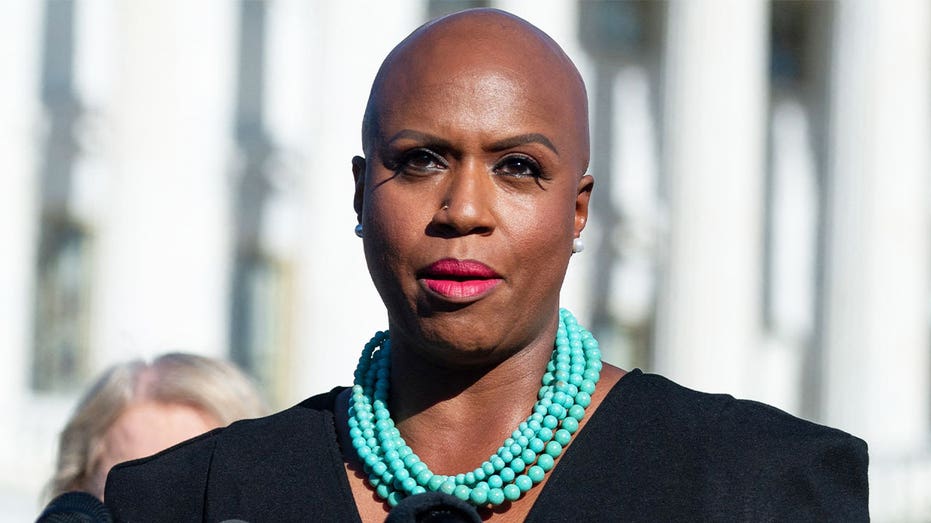- by foxnews
- 25 Nov 2024
Are chatbots changing the face of religion? Three faith leaders on grappling with AI
Are chatbots changing the face of religion? Three faith leaders on grappling with AI
- by theguardian
- 08 Apr 2023
- in technology

The mainstream adoption of generative AI and large language models in the form of chatbots like ChatGPT has left few spaces untouched, including religious communities.
In addition to the generalized chatbots, which can provide conversational answers to theological questions or prompts using information scraped from the entire internet, more specialized religious chatbots have emerged. One of them, HadithGPT, gives advice rooted in Islamic texts.
Together, the phenomenon is one religious leaders like Franklin have felt compelled to consider the potential utility as well as the potential ramifications of.
Other faith leaders who the Guardian spoke to may not be writing their sermons using chatbots just yet, but have similarly weighed the impacts of the rapid adoption of using AI chatbots to answer questions about religion. The resounding sentiment is that this is not exactly a novel circumstance.
But ChatGPT and chatbots that use large language models, can have problems with accuracy because they prioritize responses that have a conversational flow rather than those that are precise, according to Beth Singler, the assistant professor in digital religions at the University of Zurich. That could pose a particular problem for religions like Judaism and Islam that have a strong dedication to textual sources.
- by foxnews
- descember 09, 2016
'Quiet travel' is having a moment; here are top US spots where you can embrace the trend
Here are 10 destinations for "quiet travel" in the U.S. to check out if you're ready to unplug and unwind on your next vacation. From Maine to Florida, Oregon and more, see the list.
read more





